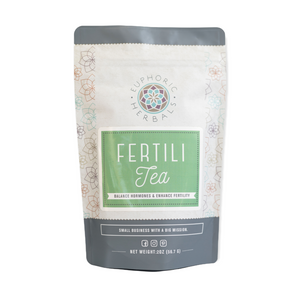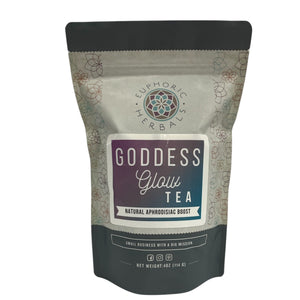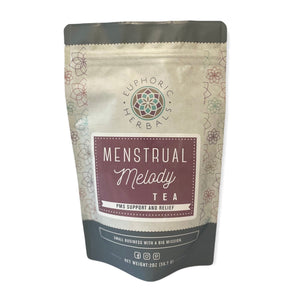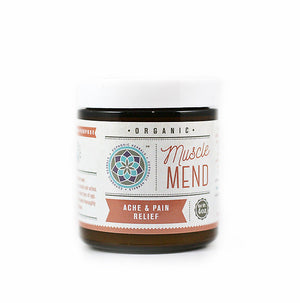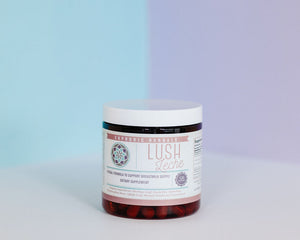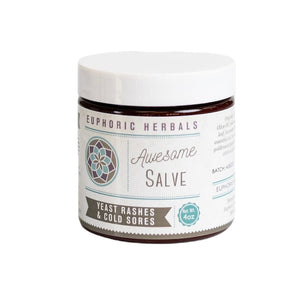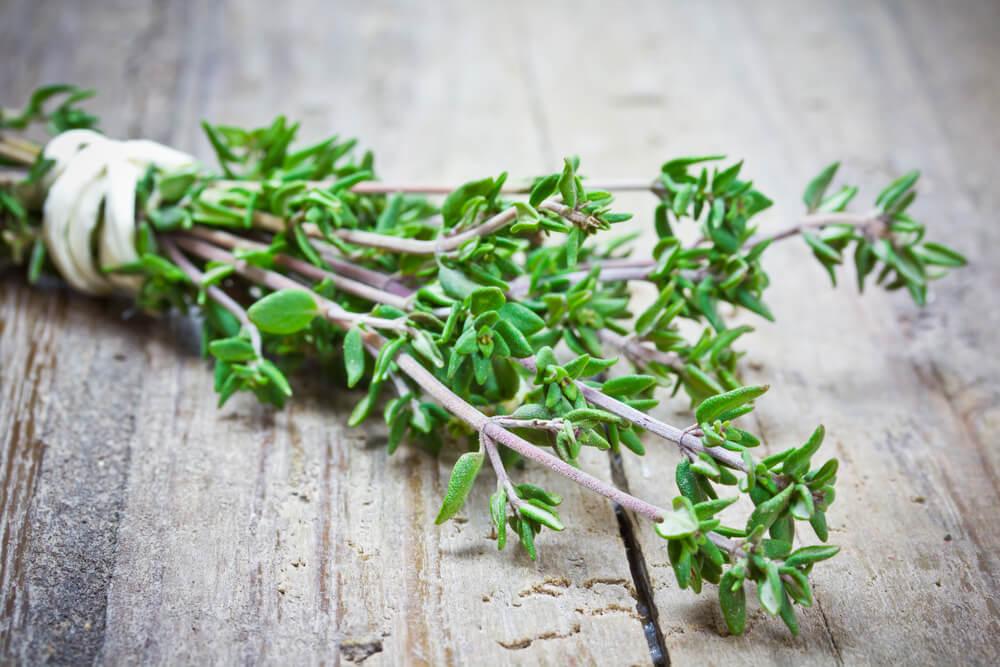Thyme is a familiar enough herb in the kitchen but often overlooked when it comes to modern herbalism. However, there are powerful health benefits hidden in the tiny leaves of thyme, which has been used medicinally for thousands of years.
Many different cultures have viewed this herb as a protector and a healer. Thyme has been associated with courage, strength, clarity, bravery, and grace. It also has protective properties in the garden, repelling certain pests.
Here's more about the powerful benefits of thyme and how to use this "common" herb for health.
All About Thyme
Thyme is a woody perennial that belongs to the mint family and is closely related to oregano. Though originally from the Mediterranean, thyme has adapted itself to much colder climates and is a very hardy plant. You can easily grow it in your garden or a pot to have fresh leaves to use.
A low-growing plant, thyme usually reaches only a foot or so in height. It has tiny leaves and blooms with lavender or pink flowers. The flowers are edible and can be used along with the leaves for medicinal purposes.
There are many varieties of thyme, but common thyme (Thymus vulgaris) is usually the best choice for health benefits. You can also use lemon thyme (T. citriodorus) for fragrant, citrusy concoctions.
One of the most powerful compounds in thyme is called thymol. It's frequently used as an extract in things like mouthwash, toothpaste, hand sanitizer, and Vaporub because of its strong antimicrobial properties. (1)
Throughout history, thyme has been used to purify the air, as a cough remedy, as a disinfectant, for digestion, and to prevent the plague.
Top Benefits of Thyme
Eases Coughing and Supports the Respiratory System

Thyme has long been used to ease coughing, clear congestion, and help respiratory issues like bronchitis. It's currently approved by the German Commission E for the treatment of whooping cough and bronchitis symptoms. The Commission lists it as an expectorant, antibacterial, and bronchoantispasmodic. (2)
One study found that a combination of thyme and ivy was superior to a placebo at relieving acute bronchitis symptoms (specifically coughing fits). (3)
For coughing spasms, a syrup or a tea made with thyme can be effective. For kids, try something like this Kids Cough Crusader extract.
Supports Your Immune System
Thyme has often been used during times of sickness (including plagues) because of its ability to stimulate the immune system. It also has strong antibacterial and antifungal properties, especially when used as an essential oil. (4)
There are many herbs for strengthening your immune system and each works slightly differently. Thyme is thought to work by stimulating the thymus gland. Your thymus gland is a small organ in your upper chest, located behind your sternum and between your lungs. It plays an important role in immune function but starts to shrink and decline after puberty.
To get the benefits of thyme for immunity, drink it in a tea like this Cold and Flu Brew or take an extract like this Immune Avenger one.
Soothes Sore Throats
Another of the most traditional benefits of thyme is its ability to soothe a sore throat. Thyme has antispasmodic and antibacterial properties to ease pain and fight infection.
One of its main compounds, carvacrol, is thought to provide a lot of the throat-soothing power. Carvacrol is a strong antimicrobial. (5)
For a sore throat, try thyme tea or a sweet and soothing syrup.
Protects Oral Health

Thyme has been proven to have special benefits for oral health. The essential oil has been tested against bacterial strains that cause cavities and other infections. It was found to be strongly effective against them all- and there were 120 different strains tested! (6)
You can find thyme already present in certain toothpastes and mouthwashes.
Naturally Disinfects
Due to its strong antiseptic properties, thyme makes a great natural disinfectant or household cleaner. One study also found that it has strong activity against multiple types of mold found in damp homes. (7)
To make a household disinfectant, simply steep thyme leaves in white vinegar for 2-3 weeks and use the infused vinegar to make a cleaner. You can also diffuse the essential oil to purify the air and get rid of airborne bacteria.
Repels Unwanted Pests
Thymol has been studied for its pest-repellant abilities. It's been specifically found to repel mosquitoes and may also keep animal pests away. (8) In fact, thyme oil is frequently used in pesticides and bug repellants.
To actually repel pests, you'll need to use something concentrated like thyme essential oil. Mix it with a carrier oil or water and use as a repellant. Or try a natural bug repellant with thyme oil in it.
Mood-Boosting
If you use herbs frequently, you may have already discovered their mood-boosting effects. Just smelling them can make us feel happier and less stressed.
Thyme has shown particular benefits for your mood. The compound carvacrol has been shown in animal studies to boost serotonin and dopamine levels (two key neurotransmitters involved in your mood). Thyme extract has also demonstrated an anti-anxiety effect. (9)(10)
Using Thyme + Recipes

Thyme is an easy herb to incorporate into your cooking, but you'll need to use it in larger amounts to get its therapeutic effects. Try making thyme tea or an infused syrup. You can also take it as an extract or use the essential oil topically or in a diffuser.
Thyme Tea:
- Add 8-10 ounces of hot water to 1-2 teaspoons of thyme. (Start at the low end, since thyme is strong!)
- Cover your infusion with a cloth and let it steep for 10-15 minutes.
- Strain out the herbs and sweeten if you'd like before drinking.
- Combine thyme with something like lemon balm for a hint of citrus or with fennel to support digestion.
Thyme Syrup:
- Use 2-4 ounces of thyme and 1 quart of water. The thyme can be fresh or dried and with or without flowers.
- Combine your thyme and water in a pan and simmer lightly over low heat. Cover your pan with a lid, but tilt it so that steam can escape.
- Continue to simmer the mixture until it's reduced by about half. Then, strain out the herbs and return the liquid to the pan.
- Let it cool slightly before adding about 1 cup of raw honey. (Measure the remaining liquid and add honey equal to half that amount.)
- Stir well and store the syrup in a glass jar in your refrigerator. It will not be thick like a store-bought syrup but will taste good!
- Recipe from Medicinal Herbs: A Beginner's Guide by Rosemary Gladstar.
Precautions
There are few precautions with thyme. It's a very safe and nontoxic herb, even when taken in large amounts. Some herbalists do recommend avoiding thyme in large amounts during pregnancy and breastfeeding. Culinary amounts are fine.
Staying Well with Thyme
Thyme has quite a few benefits for keeping you healthy. It supports your immune system, boosts oral health, soothes sore throats, and can calm coughing. You can also use it to disinfect the air and surfaces in your home.
Don't overlook this common garden herb! You may just want to take it out of your cupboard and use it more often.






















































